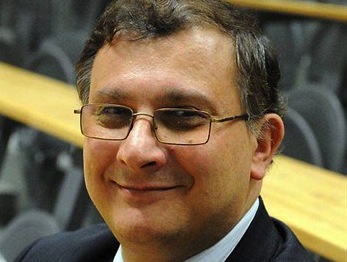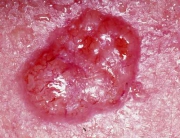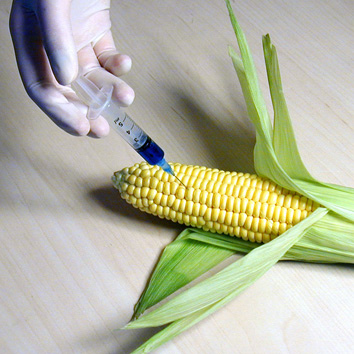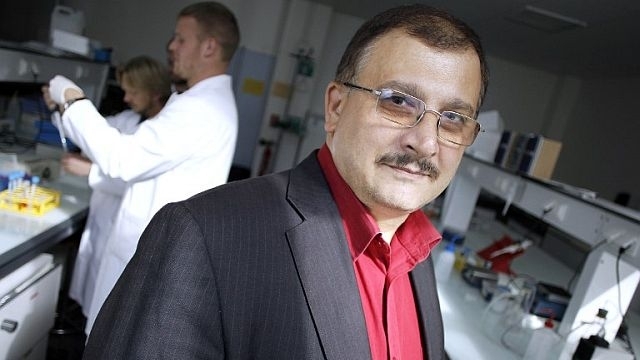The European Food Safety Authority (EFSA) announced on Monday that all the data it used to give its opinion in favour of authorizing the commercialization of the allegedly toxic GM maize NK603 has been released, following pressure from Professor Gilles-Eric Seralini.
The initiative launched Monday aims to make the data used in the risk assessment publicly available, said the Director General of the agency, Geslain-Laneelle, in a statement.
EFSA had already made these data available to scientists in response to the criticisms of French scientist Gilles-Eric Seralini, author of a study on the toxicity of NK603 which was rejected by the agency.
The French researcher refused to transmit the information [to EFSA] to fill in gaps in his study. “We expect them (EFSA) to provide the elements that allowed them to authorize the GMO and the pesticide,” he declared.
Seralini has also asked for the data on glyphosate to be made public and this is another matter altogether. Thus far several national governments in EU member states have refused to make this data public in response to requests from Pesticide Action Network Europe.
Scientists would also object to the fact that the industry tests were on glyphosate alone, not the commercial formulations of the herbicide as used. So these tests are not valid evidence to support the safety of the commercial formulations.
See also: Toxicity confirmed for GMO and Roundup – Seralini press conference
The evaluation process for applications for authorization of cultivation and marketing of GMOs is conducted in four phases: consultation of EFSA on health hazards, request for authorization by the the member states on the basis of a favourable opinion from EFSA, and appeal procedure if no qualified majority emerges from the member states. Finally, if this situation continues, the final decision rests with the European Commission.
Two GMOs have been approved for cultivation based on the decision of the European Commission – the potato Amflora from the German company BASF and Monsanto’s MON810 maize. Fifty others, including NK603 maize, have been authorized for animal feed and human food.










